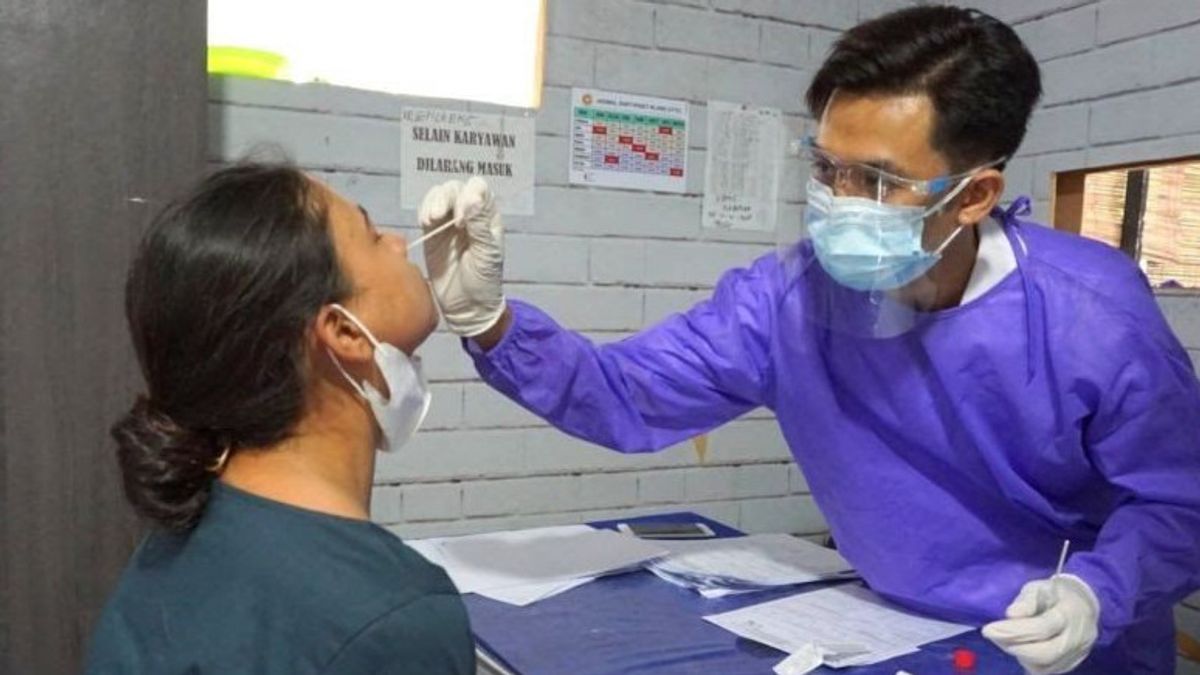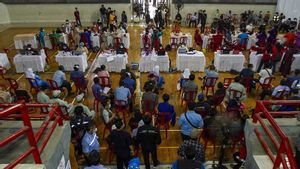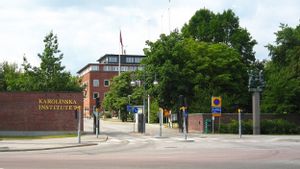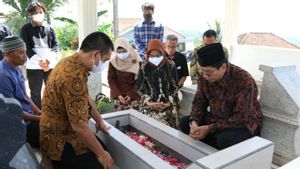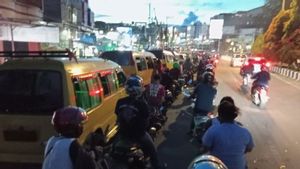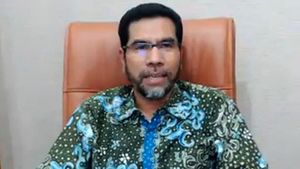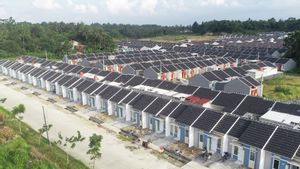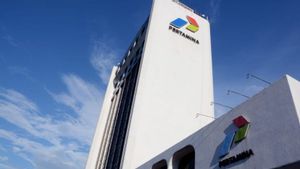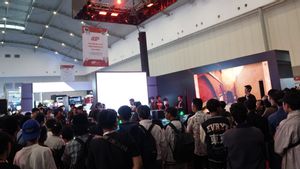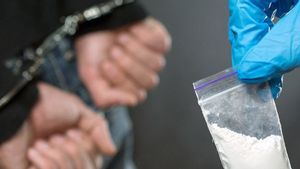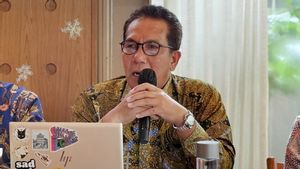JAKARTA - Spokesperson for the COVID-19 Vaccination of the Indonesian Ministry of Health, Siti Nadia Tarmizi, said the government periodically evaluates swab test rates based on real-time polymerase chain reaction (RT-PCR).
“We periodically together with the Financial and Development Supervisory Agency (BPKP) evaluate the inspection rates, adjusting to existing conditions. The evaluation process is a standard that we do in determining the price of a product or service," he said in a written statement received in Jakarta, reported by Antara, Sunday, November 7.
According to Nadia, the policy was carried out to ensure that the public received an inspection according to the price they should have paid.
The evaluation of the RT-PCR examination rates by the Ministry of Health together with BPKP has been carried out three times, said Nadia.
First, on October 5, 2020, the RT PCR examination was set at Rp900 thousand. Second, on August 16, 2021, RT PCR examinations were set for Rp495,000 for Java and Bali and Rp525,000 for outside Java and Bali islands.
Finally, on October 27, 2021, the government again set a PCR rate of Rp275,000 for Java and Bali and Rp300 thousand for outside Java and Bali.
"I emphasize once again, in determining the price of RT-PCR, the Ministry of Health (Dirjen Yankes) does not stand alone, but is carried out together with BPKP. This price evaluation process is certainly carried out to close the entry of business interests and ensure price certainty for the community," he said.
The calculation of the cost of RT-PCR collection and inspection, said Nadia, consists of service/HR components, reagents and consumables (BHP) components, administrative costs, overhead, and other cost components that are adjusted to current conditions.
"Reagents are the biggest price component in the RT-PCR swab examination, reaching 45-55 percent," he said.
Nadia made an analogy with the high and scarce stock of masks and PPE at the beginning of the pandemic which also affected prices at that time. However, this condition is gradually improving with the increasing number of manufacturers of masks and PPE over time.
SEE ALSO:
Likewise with the RT-PCR swab reagent, where at the beginning there were only less than 30 manufacturers in Indonesia. However, currently, there are more than 200 types of RT-PCR swab reagents that have entered Indonesia and have received distribution permits from the Ministry of Health at varying prices.
"This means that there has been variation and price competition for the components of the RT-PCR swab reagent," he said.
RT-PCR swabs are still the "gold" standard in diagnosing positive cases of COVID-19, not only in Indonesia, but also at the global level. The need for RT-PCR examination is driven by the increase in specimen examination in Indonesia, where the "positivity rate" in Indonesia is currently below 0.4 percent of the standard set by WHO.
"The sooner positive cases are found, the sooner they can be separated from healthy people, of course, this can prevent the spread of the COVID-19 virus in the community," he said.
The English, Chinese, Japanese, Arabic, and French versions are automatically generated by the AI. So there may still be inaccuracies in translating, please always see Indonesian as our main language. (system supported by DigitalSiber.id)
